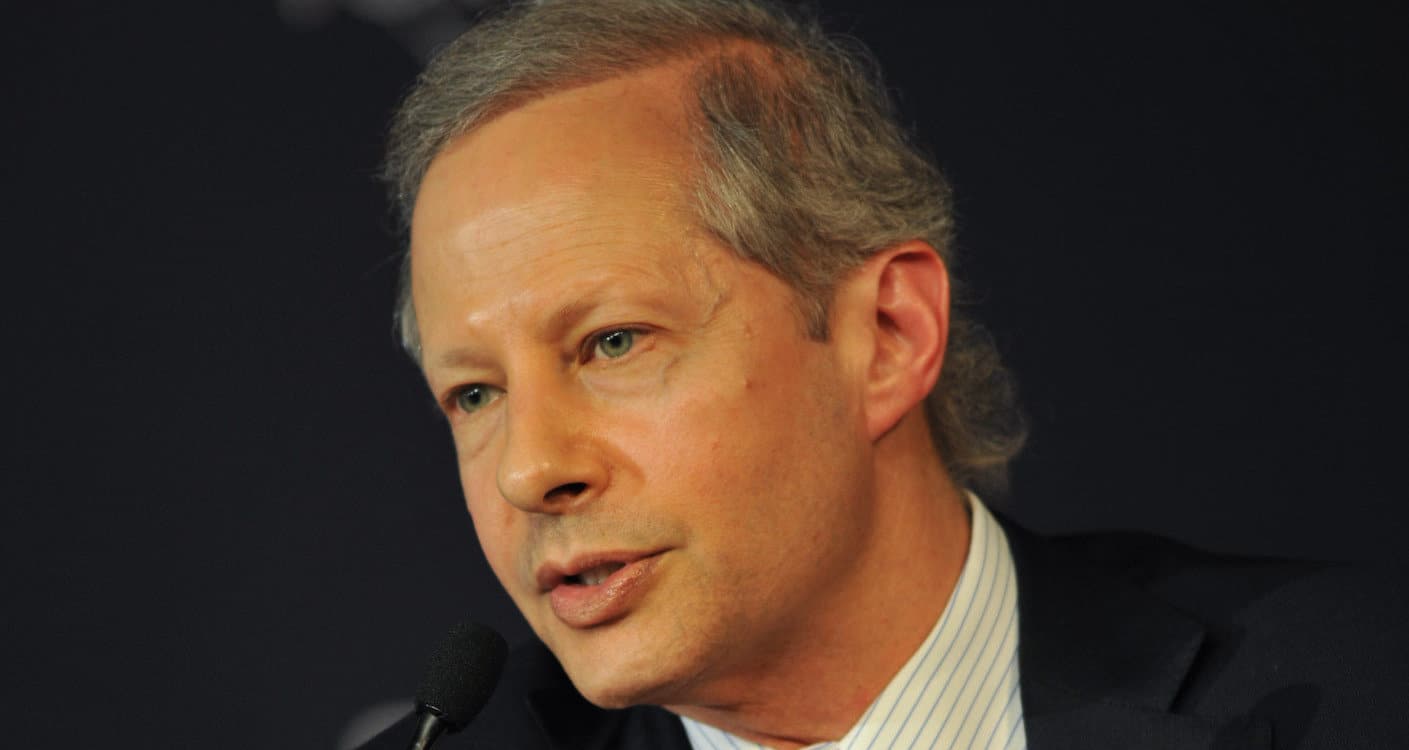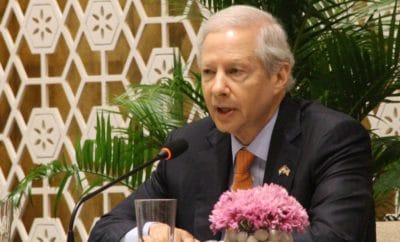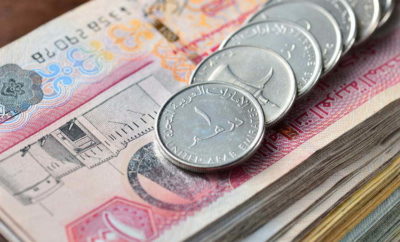Politics
India-U.S. Trade Ties to be a Focus Area: Kenneth Juster

Kenneth Juster
Wikimedia Commons
There is enormous potential in economic sphere, says Kenneth Juster, U.S President Donald Trump’s nominee to be the envoy to India.
Kenneth Juster, U.S. President Donald Trump’s nominee to be the next envoy to India, said Washington needs to “push a range of economic issues” with New Delhi, including removal of trade barriers to accelerate the process of strengthening ties between the two countries.
The United States must focus on economic issues with India, including intellectual property, standard and non-tariff barriers, Juster said in a response to a question from Senator Rob Portman during a congressional hearing. Juster has been one of the key persons behind the Indo-U.S. civil nuclear agreement.
The two countries have only begun to scratch the surface, he said. “There is enormous potential in economic sphere, but we have only begun to scratch the surface. We need to continue pressing forward to make sure that India adheres to its WTO (World Trade Organisation) obligations,” Juster told members of the Senate Foreign Relations Committee.
The economic adviser in Trump administration said he hopes that the Indian community would see the benefits of the economic relationship.
“As Prime Minister (Narendra) Modi moves forward with his reform programs and as he seeks to have a high level of growth, it will become increasingly clear that US companies can contribute to that. Removing some of these trade barriers would be an accelerator in the growth process,” Juster said.
Senator Portman, the former US Trade Representative, said that while bilateral trade between the two countries has increased tremendously, there is still a long way to go.
“When I was a U.S. Trade representative we did start a US- India trade policy dialogue in 2005. Since then we have tripled our trade with India. It was such a low starting point that there is much more to be done,” he said.
Portman agreed with Juster about the need for fair, balanced and free trade. “I do continue to have deep concerns about market access to some of our products and services and specifically the intellectual property,” he said.
Senator Bob Corker, the chairman of the Senate Foreign Relations Committee, however, expressed his consternation over the slow pace of reforms in Indian economy. “American companies continue to face barriers in accessing the Indian market, including high tariffs and strict localisation policies,” he said.
The companies that are able to enter the Indian market often encounter compulsory licensing requirements and lax intellectual property protections, he said, adding that they also face an unpredictable foreign investment environment. Even large-scale contracts are altered or cancelled without cause, he claimed.
“Clearly, the economic playing field is not even,” Corker added.
Juster also said he will look into India not being a signatory to The Hague convention, which deals with inter-parental child abduction, calling it a “serious issue”.
One of the top trade issues the diplomat would take on priority is India’s not complying with the 2015 World Trade organisation on poultry import ban. Senator Chris Coons told Juster: “I would hope if you are to be confirmed to have the opportunity to pursue further with you a discussion about how we might access the Indian market for this tasty high quality American agricultural export.”
In 2015, India had lost a case at the World Trade Organisation, which ruled that India’s ban on import of poultry meat, eggs and live pigs from the United States was “inconsistent” with the international norms.




You must be logged in to post a comment Login